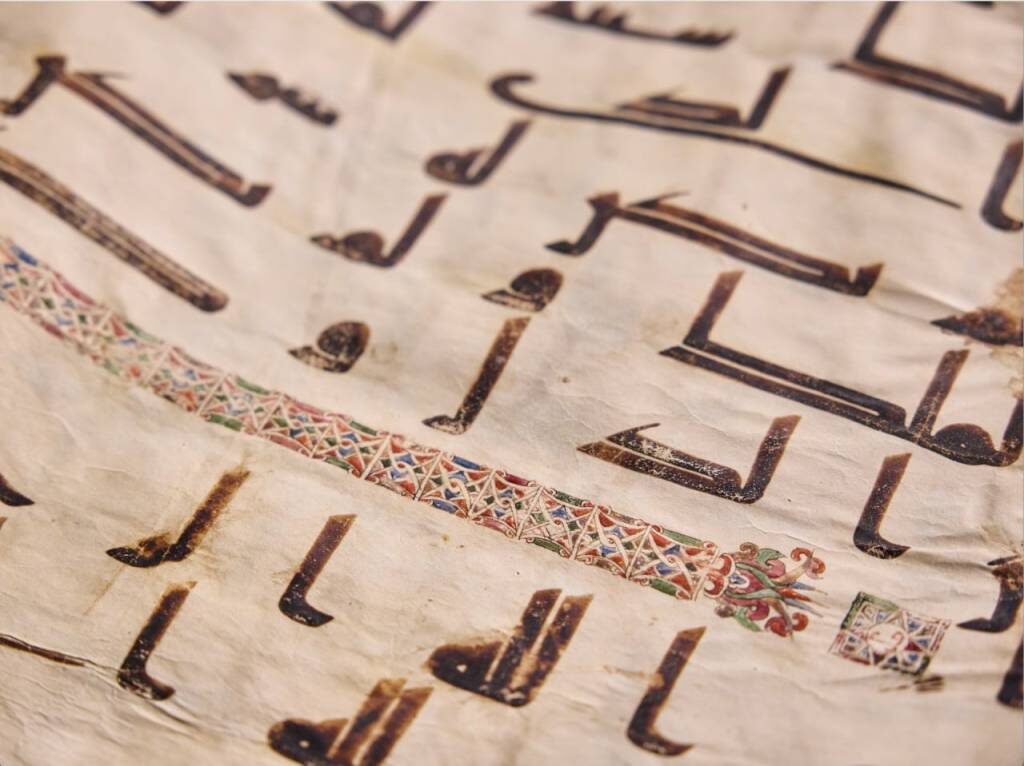WNAM MONITORING: The Uzbekistan Art and Culture Development Foundation has announced a significant project on behalf of the President-the conservation and restoration of the globally renowned Uthman Quran, also known as the Tashkent Quran.
This ancient manuscript, written in the Hijazi script during the 7th century, holds a unique place in history. It was commissioned by the third righteous Caliph Uthman ibn Affan (575-656), making it a significant religious artifact.
Foreign experts are involved in the project. They will conduct a detailed inspection of each page, develop a step-by-step restoration plan, and recommend further storage. The Uzbekistan Art and Culture Development Foundation and the Muslim Board of Uzbekistan will support and supervise the work.
“The restoration of the Uthman Quran underlines our desire to transmit this invaluable historical evidence to future generations in an unchanged form”, said Executive Director of the Art and Culture Development Foundation Gayane Umerova.
According to the data, this Quran was brought to Samarkand by the great commander Amir Temur from Iraq in the 14th century, and for many years, it was kept in the Nadir Divan-begi Madrasah. In 1869, Russian officials bought it out and sent it to Saint Petersburg for research. In 1923, at the request of Turkestan Muslims, Uthman’s Quran was brought to Tashkent and then to Samarkand. In 1941, the Quran was returned to Tashkent – to the Museum of the History of the Peoples of Uzbekistan.
Currently, it is kept in the Museum-Library of the Board of Muslims of Uzbekistan in the Muyi Muborak Madrasah.
In 1997, UNESCO included the Uthman Quran in the Memory of the World register.


